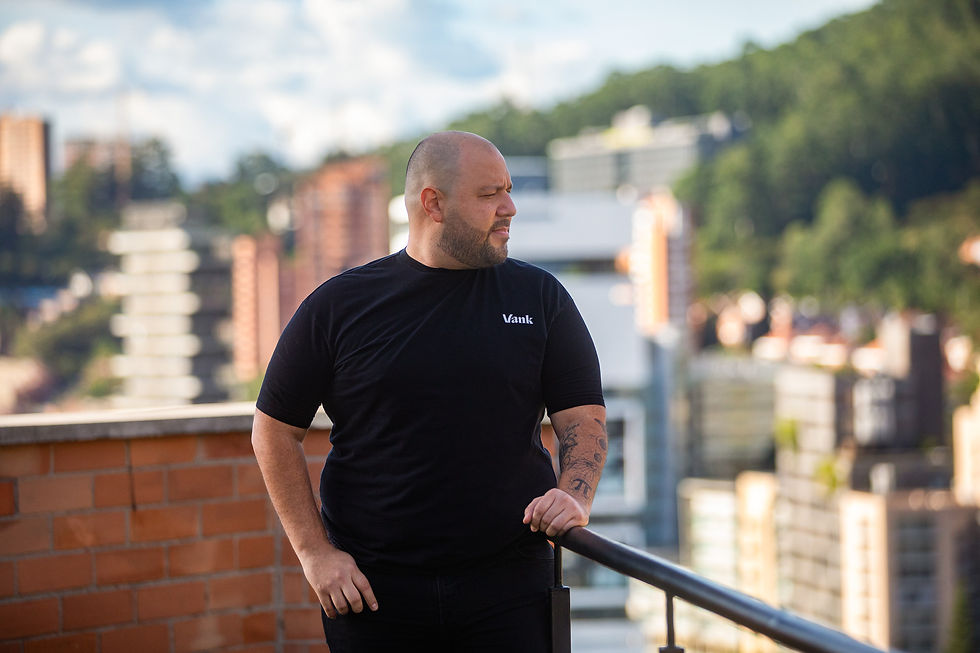Resilience and Leadership: Keys to Staying Calm in Times of Uncertainty
- Mardiros Daghinian

- Aug 29, 2025
- 2 min read

In moments of uncertainty, I have learned that calm is not simply a reaction, but a conscious decision that guides our actions. Resilience and effective leadership are essential tools to navigate not only personal challenges, but also the major obstacles posed by the global economy.
Resilience: The Ability to Adapt and Thrive
Resilience is something I have had to cultivate constantly throughout my life. There were times when circumstances seemed uncontrollable, especially when facing situations that affected both my professional and personal environment. However, I understood that while I could not control what happened, I could control how I responded to it.
Leadership in Times of Economic Change
Leadership, especially in the context of global economic crises, goes beyond making decisions. It is about inspiring trust, maintaining transparent communication with those around us, and guiding toward a clear purpose.
I remember a particular moment during an economic crisis when I had to make quick, strategic decisions that affected not only my business but also the families of those who work with me. It was then that I understood that leadership is not a burden, but a shared responsibility. I learned to listen more, act with empathy, and strengthen the trust within the team to face uncertainty together.

Strategies for Leading with Resilience
In my experience, there are three key aspects that help build resilience and lead with confidence, even in difficult times:
Adopt a global vision:
Understanding how changes in the international economy affect our environment allows us to make more informed decisions. Analyzing trends, anticipating movements, and adapting to fluctuations in global markets are critical skills to remain relevant.
Foster collaboration:
Resilience is not a solitary act. Building strategic alliances—whether with colleagues, business partners, or even competitors—strengthens us all. I learned that sharing knowledge and supporting one another is essential in an interconnected world.
Innovate constantly:
Times of uncertainty are ideal for rethinking strategies and exploring new ways of doing things. Innovation does not always mean creating something new; sometimes it simply means improving what we already do or finding more efficient ways to do it.
Reflections on Leadership and the Global Economy
When we face a changing environment—whether in the global economy or in our own projects—staying calm does not mean ignoring difficulty, but accepting it and acting with purpose. I have learned that crises, although challenging, also bring unexpected opportunities.
I firmly believe that resilience and conscious leadership not only transform the way we face challenges but also the way we impact those around us. These values are what allow us to build something lasting, no matter the circumstances.



Comments